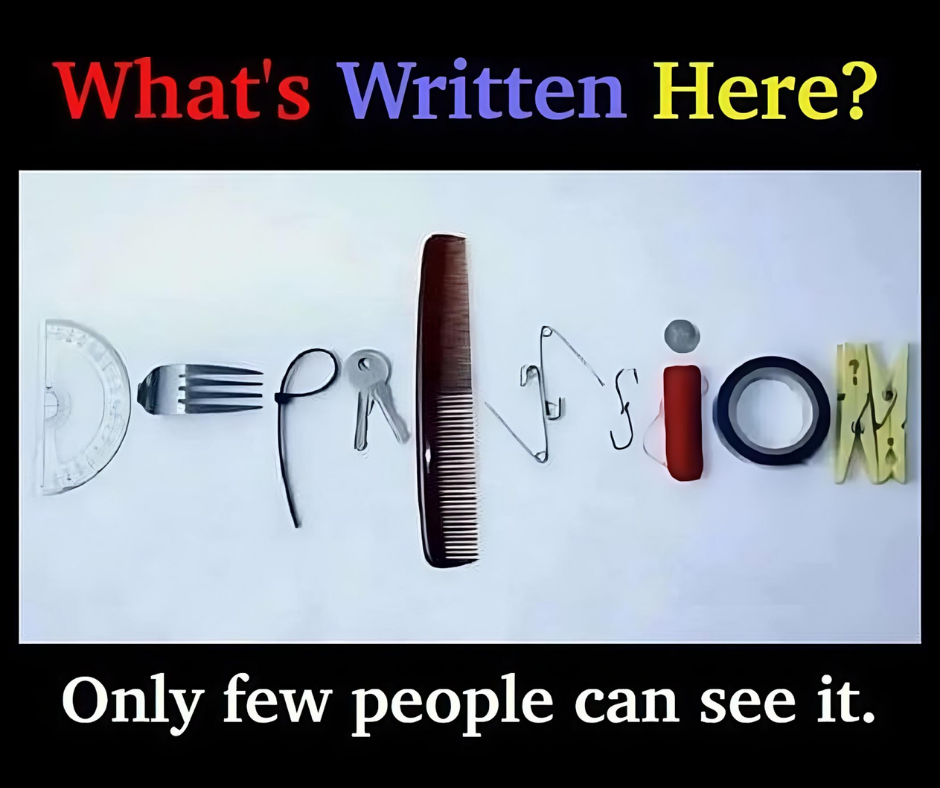Engaging in riddles and puzzles can enhance cognitive abilities by stimulating critical thinking and problem-solving skills. As the brain works to connect the various clues and pieces of information, it boosts memory and improves concentration. This mental exercise also fosters creativity by encouraging unconventional thinking and lateral thought processes.
Solving riddles provides a sense of accomplishment, which can improve mood by releasing dopamine, a neurotransmitter associated with feelings of pleasure and reward. Additionally, engaging with riddles enhances vocabulary and comprehension skills, making it a valuable educational tool that can benefit learners of all ages.
Overall, riddles offer a multifaceted set of benefits, promoting mental agility, brain health, and social well-being. Whether engaging in riddles individually or as part of a group, this type of mental exercise can keep the mind sharp, enhance cognitive abilities, and provide a sense of accomplishment and enjoyment. Incorporating riddles into one’s daily routine can be a simple yet effective way to support overall well-being.

Take a close look at the image above. This seemingly random arrangement of everyday objects holds a hidden message that only a few can decipher. Can you see what it says? Test your observation skills and lateral thinking.
Hint: Think about the shapes and how they might resemble letters.
If you’re up for the challenge, figure it out and share your solution!
Only a keen eye and a sharp mind will reveal the secret. Are you one of the few who can see it?
Image Description: A collection of objects including a protractor, fork, rubber band, key, comb, safety pins, button, thread spool, and clothespin arranged to spell out a hidden word.
Give it a try and see if you can unlock the hidden message!
Answer: The word is DEPRESSION.
Sharing and solving riddles can have a positive impact on social interactions. By fostering communication and teamwork, riddles can strengthen relationships and promote a sense of camaraderie. Collaborative problem-solving through riddles can be a fun and engaging way for individuals to bond and connect with one another.
Riddles can serve as a catalyst for meaningful interactions, encouraging participants to communicate effectively, share ideas, and support one another in the quest to find the solution. This collaborative effort can lead to a greater sense of teamwork and a strengthened sense of community, as individuals come together to tackle a common challenge. By incorporating riddles into social settings, whether it’s among friends, family, or colleagues, individuals can cultivate a spirit of camaraderie and deepen their interpersonal connections.